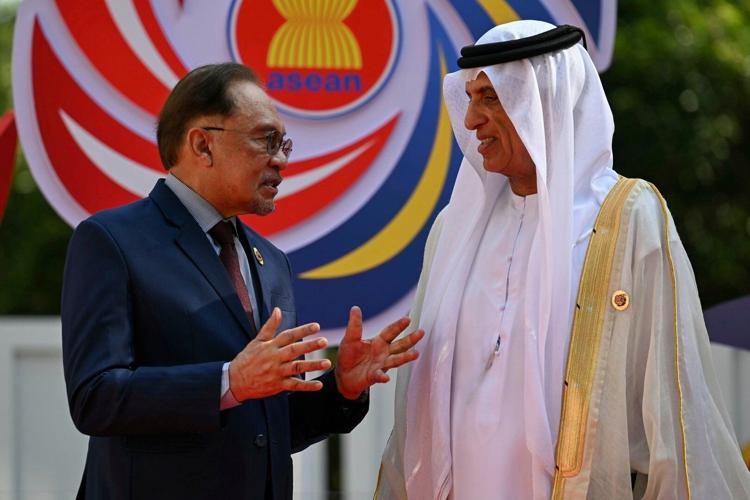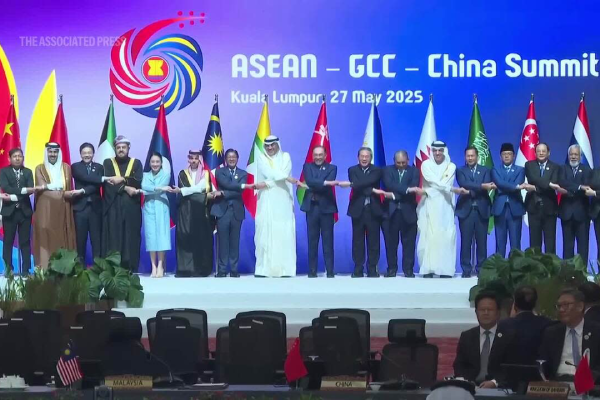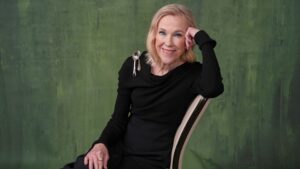In an attempt to increase economic cooperation and strengthen resilience as they deal with a volatile global trade system brought on by U.S. tariff rises, a regional association of Southeast Asian countries held a three-way summit with China and six Persian Gulf nations on Tuesday.
In his introductory remarks, Malaysian Prime Minister Anwar Ibrahim stated that the first summit in Kuala Lumpur, the country’s capital, will usher in a new era of communication and collaboration.
With a combined GDP of around $25 trillion and a population of over 2 billion, the 10-member Association of Southeast Asian Nations, the Gulf Cooperation Council, and China present several chances to expand cross-regional investment and synergize their markets, he added.

Chinese Premier Li Qiang said the three-way cooperation would benefit all sides, contributing to economic development and peace in the region.
China is ASEAN’s top trading partner, and has sought to present itself as a reliable ally to the region amid its rivalry with the U.S. The GCC supplies over a third of China’s crude oil imports.
“China will join ASEAN and the GCC in forging synergies that multiply rather than simply at our own strength,” he said.
Brunei’s Sultan Hassanal Bolkiah, one of the world’s wealthiest men and longest-reigning current monarch, was missing from the three-party summit.

Read Also
Malaysia is now the chair of ASEAN, which comprises Brunei, Cambodia, Indonesia, Laos, Myanmar, the Philippines, Singapore, Thailand, and Vietnam.
Earlier Tuesday, Anwar told a separate ASEAN-GCC event that cooperation between the two blocs would be critical in navigating an increasingly complicated global economy and geopolitical risks. He later stated that the two parties intended to begin talks to establish a free trade area.
Kuwait’s Crown Prince Sheikh Sabah Khalid Al Sabah stated that the two blocs, who convened their first summit in Riyadh in 2023, will capitalize on their momentum to strengthen cooperation and “improve our ability to face crisis.” He stated that the GCC is ASEAN’s seventh-largest trading partner, with overall trade reaching $130.7 billion by 2023.
The GCC comprises the oil-producing nations of Bahrain, Kuwait, Oman, Qatar, Saudi Arabia and the United Arab Emirates. Anwar said last week the GCC already has strong links with the U.S. and “wants to be close to China too.”
ASEAN has maintained a neutral stance, engaging both Beijing and the United States, but US President Donald Trump’s threats of sweeping tariffs came as a shock. Six of the bloc’s countries were among the worst hit, with levies ranging from 32% to 49%.
In April, Trump declared a 90-day tariff pause for the majority of the world, and this month, he reached a similar agreement with main rival China, alleviating trade tensions.
ASEAN is pursuing a tariff summit with Trump, while also expanding economic links with China and other countries.





